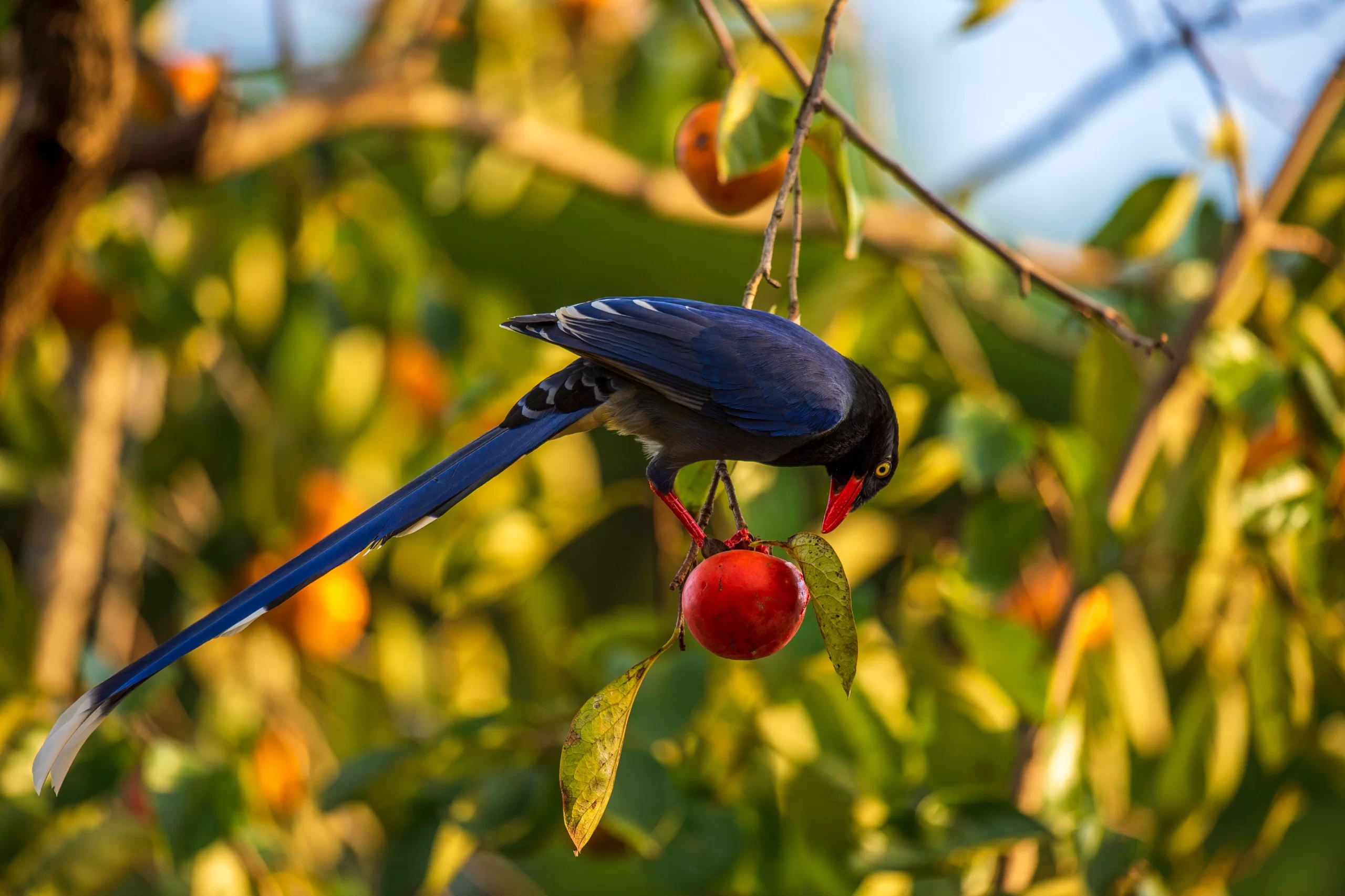Last updated on January 21st, 2024 at 05:11 pm
Magpies are resourceful corvids who seem to thrive anywhere thanks to their remarkable abilities to find food. Some dislike magpies due to their behaviors and tendencies, but many are nonetheless curious about what a magpie diet entails. So, what do magpies eat?
Before discussing this question, I invite you to read through my guide to magpies if you’re unfamiliar with these birds.
In this article, I will separate the facts from fiction regarding magpie diets. You’ll find that magpies have versatile diets, and you may come away with a brand new outlook on these birds. Read on to discover the answer to the question, “What do magpies like to eat?”.
Table of Contents
What Do Magpies Eat?
There are plenty of rumors when it comes to the question, “What do magpies eat?”. Some believe that magpies are bloodthirsty birds, while others think that these birds will steal a meal from out of your hands. It’s time to describe the truth. What do magpies eat?
Magpies consume a diet that is similar to that of their crow and jay relatives. Therefore, these birds may eat a wide array of foods. Fruits, seeds, grains, garbage, carrion, insects, and animals may all be on the menu for magpies. These birds are opportunistic feeders, so they consume whatever meal that they come across.
Do Magpies Eat Meat?
Magpies are omnivorous by nature, meaning that both meat and plant matter may be a part of a magpie diet. But what do magpies eat when given a choice between meat and plants? Do magpies eat meat rather than plants when given the chance?
Well, meat is a delicacy for these birds, so they frequently consume this food when given the chance. Magpies will go to great lengths to find and consume meat.
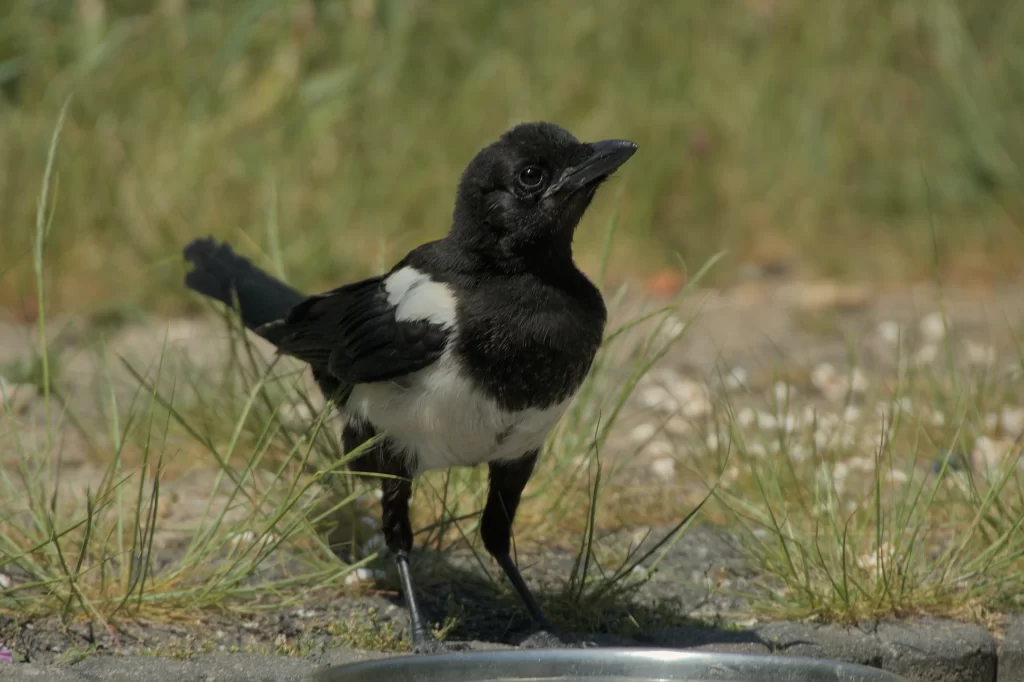
These birds demonstrate their resourcefulness by scavenging the kills of predators such as wolves and coyotes. Therefore, the meat of deer, elk, moose, and many small mammals may be consumed by magpies. Magpies will also eat unattended meat that humans plan to consume. This means that unguarded burgers, hot dogs, and other meat could be eaten by magpies.
Do Magpies Eat Mice?
Though magpies consume the meat that large predators kill, some wonder if magpies are capable of killing prey for themselves. Do magpies eat mice after they’ve killed them?
Yes, magpies are capable of taking matters into their own hands and killing prey. A magpie is quite capable of killing a tiny target such as a mouse if an opportunity presents itself.
Do Magpies Eat Squirrels?
Magpies are not equipped with talons and sharp beaks like hawks, but they are still able to capture and devour squirrels. It may seem that a squirrel would be a challenging target, but magpies are up to the challenge. These birds can kill a variety of squirrels and chipmunks. Small mammals like these are not a regular part of the magpie diet, but they will capitalize on opportunities that present themselves.
Do Magpies Eat Snakes?
Plenty of people claim to have seen magpies fly off with a snake. So, do magpies eat snakes or is this a tall tale?
Magpies can indeed subdue some snakes, but these birds are limited to consuming small snakes. Like small mammals, snakes do not make up a significant portion of a magpie’s diet. Snakes that have already been run over by a vehicle may be preferred by magpies.
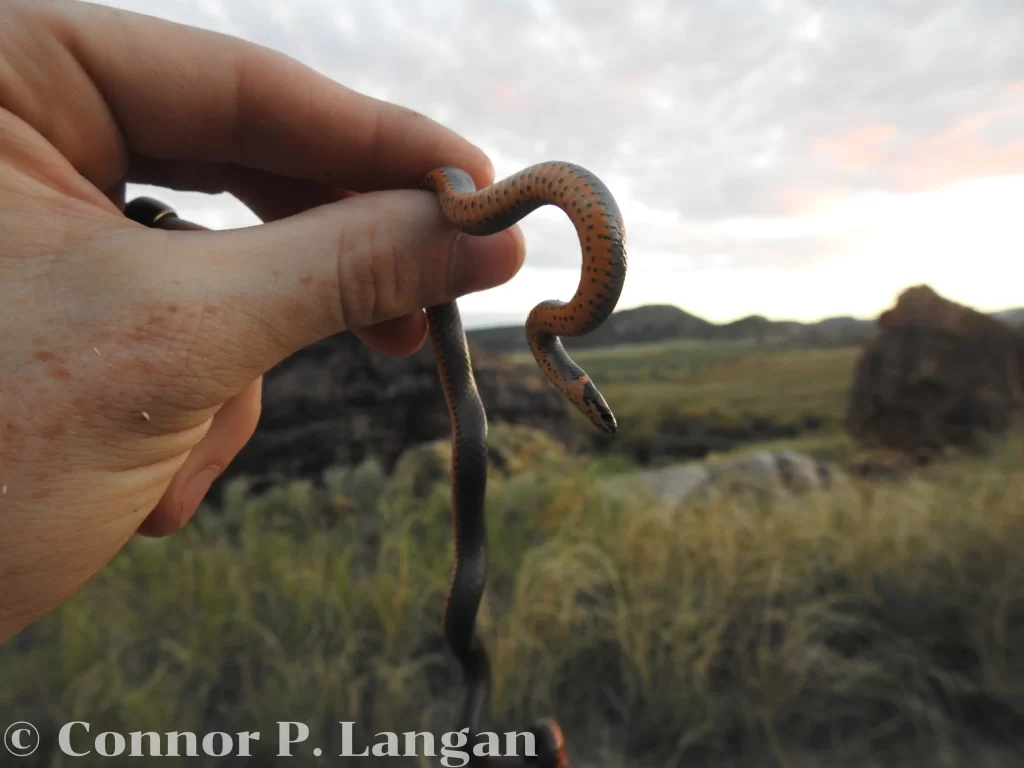
Do Magpies Eat Fish?
Those who own koi ponds or keep other captive fish outside may worry about magpies stopping by and flying off with a fish. So, do magpies eat fish?
Fish are not a regular part of a magpie’s diet. Although magpies would surely enjoy eating small fish, they are not equipped to capture these creatures. A magpie would enjoy eating a fish if it came across one. However, the only times in which they are likely to consume a fish would be when fish are trapped in shallow water and easy to subdue.
Do Magpies Eat Wasps?
Wasps can be a pesky insect to have around a property. Some landowners resort to spraying wasp nests around their property. Unfortunately, using a chemical spray on wasps can be harmful to the animals that consume them. Are magpies among the creatures that eat wasps?
Remember, magpies are opportunistic feeders, so a wasp struggling after being sprayed by chemicals may seem like an easy meal. Therefore, to keep the wildlife on your property safe, avoid using harsh chemicals to kill wasps.
Do Magpies Eat Other Birds?
Magpies are omnivorous birds that enjoy eating a wide variety of foods, but do magpies eat other birds? If they do eat birds, do magpies kill other birds, or do they merely scavenge dead birds?
Just like their crow relatives, magpies have been known to scavenge bird carcasses and kill birds themselves. These corvids will eat an assortment of small bird species, and while they will kill other birds, such occurrences are rare.
Why Do Magpies Attack Other Birds?
You may be curious as to why magpies attack other birds – shouldn’t they be getting along with their fellow feathered creatures? Well, the relationship between bird species is not quite so simple. Magpies may attack other birds for several reasons.
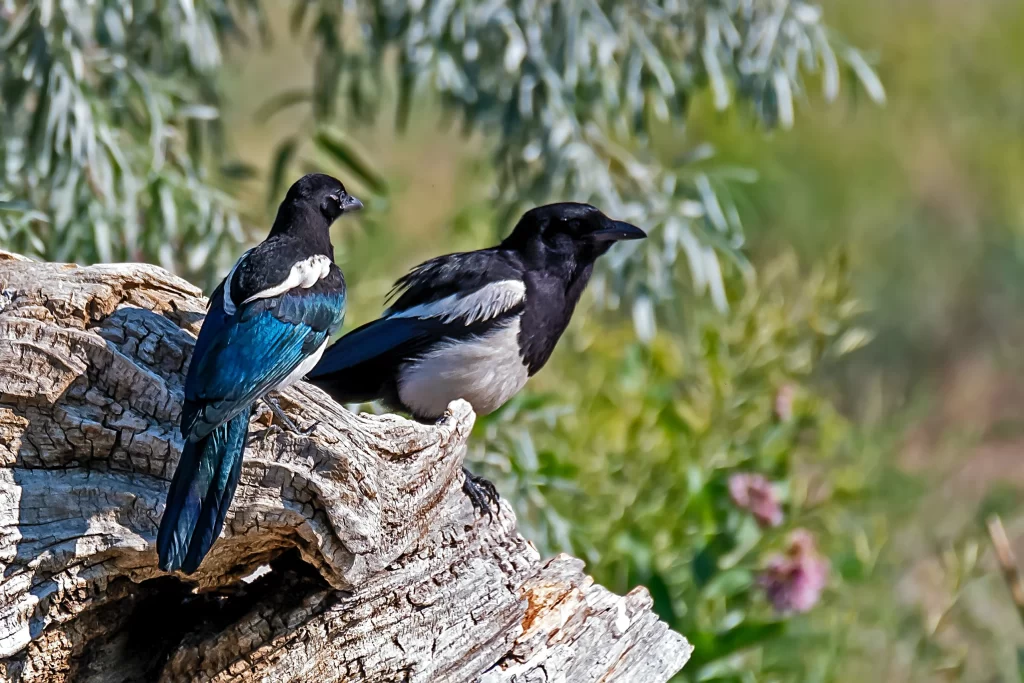
First, they may attack other birds due to territoriality. Magpies, like most bird species, are quite protective of their nests and young. Other birds that approach a nest or young too closely will likely be attacked by angry magpie parents.
Magpies may also attack birds that they deem to be a threat. Birds such as hawks, owls, and falcons may be mobbed by a group of magpies to drive the perceived threat away. Finally, the most uncommon reason as to why a magpie may attack another bird may be because a magpie is trying to eat another bird.
Do Magpies Eat Baby Birds?
Alright, so we know that magpies may eat other birds. However, are baby birds omitted from the magpie diet, or do magpies eat baby birds?
Baby birds are not safe from magpie attacks. In fact, magpies seem to prefer eating baby birds and bird eggs compared to mature birds. This likely has to do with the fact that baby birds and eggs are much easier to consume compared to adult birds. So, why do magpies eat other birds eggs?
Well, eggs are a delicious snack for magpies, as they are packed with protein, calcium, and other nutrients. Moreover, eggs are completely defenseless if left unguarded by parents. Therefore, the eggs of other birds are an irresistible snack for magpies. However, it should be noted that baby birds and bird eggs make up a tiny portion of a magpie’s diet.
Do Magpies Kill Pigeons?
Pigeons are among the most ubiquitous birds in the world, but are these creatures on the menu for magpies? No, pigeons are not typically eaten by magpies. Birds such as hawks and falcons are far more likely to consume a pigeon compared to a magpie. This is because magpies are not predatory by nature.
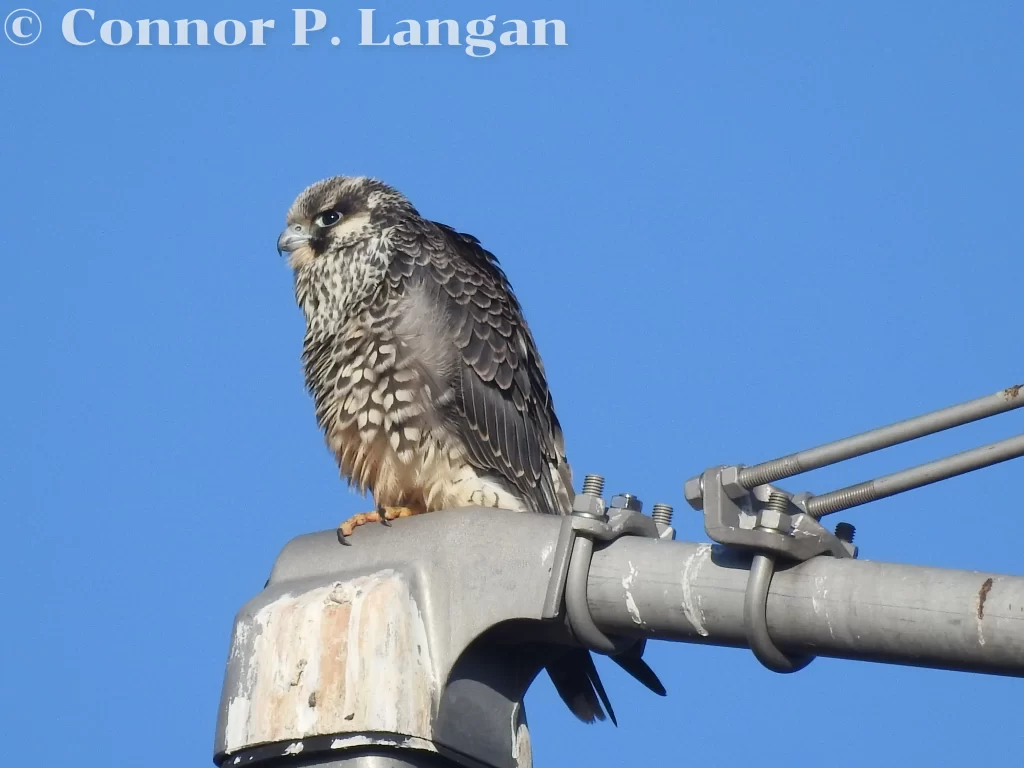
Rather, these birds are opportunistic scavengers that only rarely kill other animals. Moreover, pigeons are nearly the same size as magpies, so subduing a pigeon would be a lot of work for a magpie. Magpies would be more likely to eat baby pigeons or their eggs instead of an adult.
Magpies and Human Foods
Magpies are crafty creatures that have learned that human foods are pretty tasty and often require minimal effort. These songbirds will often take advantage of the sloppy nature of humans by dining on the food scraps that we leave behind. Let’s take a look at some of the human foods that magpies may consume.
Do Magpies Eat Tomatoes?
Gardeners frustrated by disappearing tomatoes may be quick to point a finger at magpies. Is it logical to conclude that magpies would raid a garden for tomatoes? While a magpie would certainly eat a tomato, these fruits are not highly sought by magpies. There are plenty of other food choices that a magpie would prefer to eat, so they are not likely to be the reason that tomatoes in a garden are going missing.
Do Magpies Eat Peanuts?
Those who have had jays or crows visit their bird feeders know that corvids love eating peanuts. Magpies are no different, as peanuts are considered to be a treat by these birds. A magpie may be indifferent to other offerings at a bird feeder, but peanuts will certainly capture their interest. A magpie who routinely finds peanuts at a house will continue to frequent the house to obtain peanut treats.
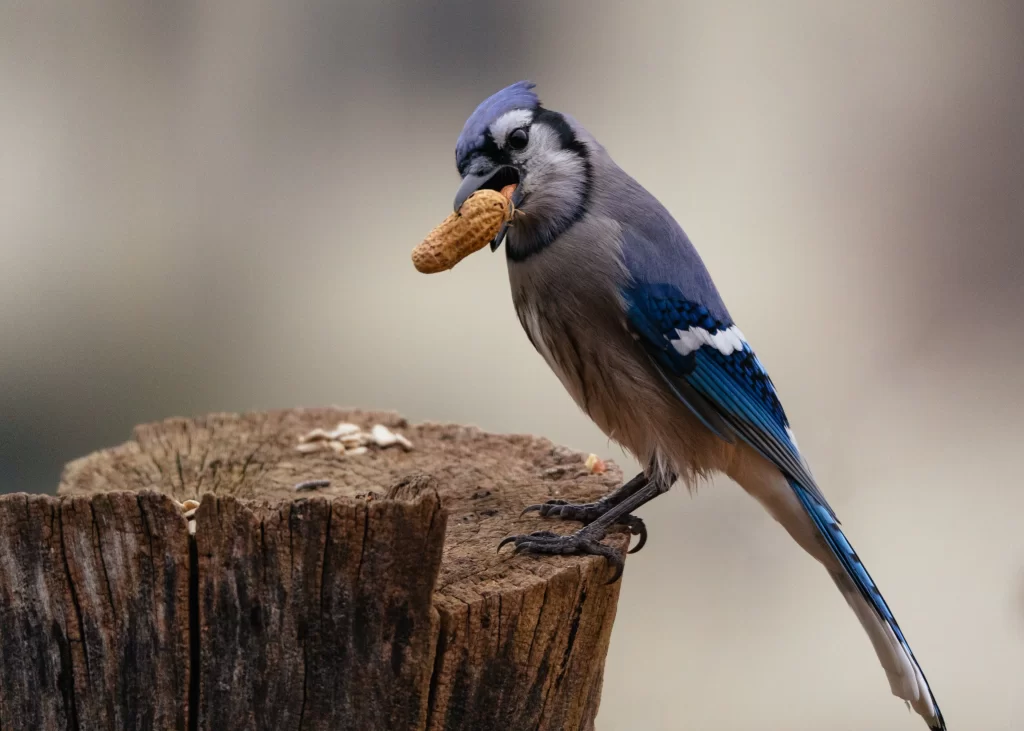
Do Magpies Eat Apples?
Those who have apple trees on their property may worry about magpies raiding their precious fruits. Do magpies eat apples?
Though magpies enjoy pecking at apples from time to time, they are not likely to eat apples off of trees. Rather, these birds are more likely to dine on apples that have already fallen to the ground.
Do Magpies Eat Cheese?
Few creatures would turn down a bite of cheese, and magpies are certainly among the cheese fans in the animal kingdom. Although magpies enjoy eating cheese, this does not mean that this food is good for these birds to consume. Most cheeses are highly processed before being sold in grocery stores. The significant amount of processing coupled with the dairy in this product means that cheese is not a good food to intentionally feed to any bird species.
Do Magpies Steal Food?
Those who have encountered a magpie know that these birds have bold personalities. Magpies often seem to be fearless when encountering humans. The adventurous nature of these birds means that they are not afraid to engage in encounters with humans.
These birds may be especially brash if food is at stake, so don’t be surprised if magpies approach you to grab a bite to eat. So, why do magpies steal things? Well, remember that these birds are quite opportunistic. A magpie that sees a seemingly easy meal will gladly fly in and try to steal food for later consumption.
If you see a magpie taking notice of your food, be sure that you have all of your food items secured. Intentionally feeding magpies should be avoided, as this may cause magpies to become dependent on eating human foods. Moreover, eating too much human food is detrimental to the health of these birds.

Do Magpies Cache Food?
Another characteristic that magpies share with their fellow corvids is their tendency to cache excess food items. Magpies that discover a surplus of food are known to cache the bounty in areas that they can access for a later time. These birds may have food stowed in dozens of active caches. Although magpies have terrific memories, they often forget about some of the places in which they cached food.
Are Magpies Dangerous?
Some have perpetuated the rumor that magpies pose a danger to humans and other animals, so should people be fearful of these birds? The assertion that magpies are dangerous to humans is completely false. There is no need to panic if you see a magpie approaching you, as the bird is likely just curious about what you’re doing. Remember, when I answered the question, “What do magpies eat?”, humans were not on the menu.
Do Magpies Attack Humans?
Stories about magpies attacking humans are all exaggerated. If a magpie does “attack” a human, there are two likely reasons for such a behavior. First, magpies accustomed to human food may fly towards a person who is eating food.
Additionally, the boldest magpies may visit your picnic site and attempt to steal food from out of your hands. The other reason that a magpie may fly around a human would be if a person gets too close to a nest site. Magpie parents fiercely defend their nests against intruders. This means that dogs, cats, and people who get too close to a nest may be scolded and harassed by magpie parents.
Where Are Magpies Found?
Birds known as magpies are found throughout much of the world. Though many birds are known as magpies, not all magpies are closely related to one another. Magpies within the Pica genus are distributed throughout the Northern Hemisphere, while magpies within the Cyanopica, Urocissa, and Cissa genera are found throughout Asia and parts of the Middle East.
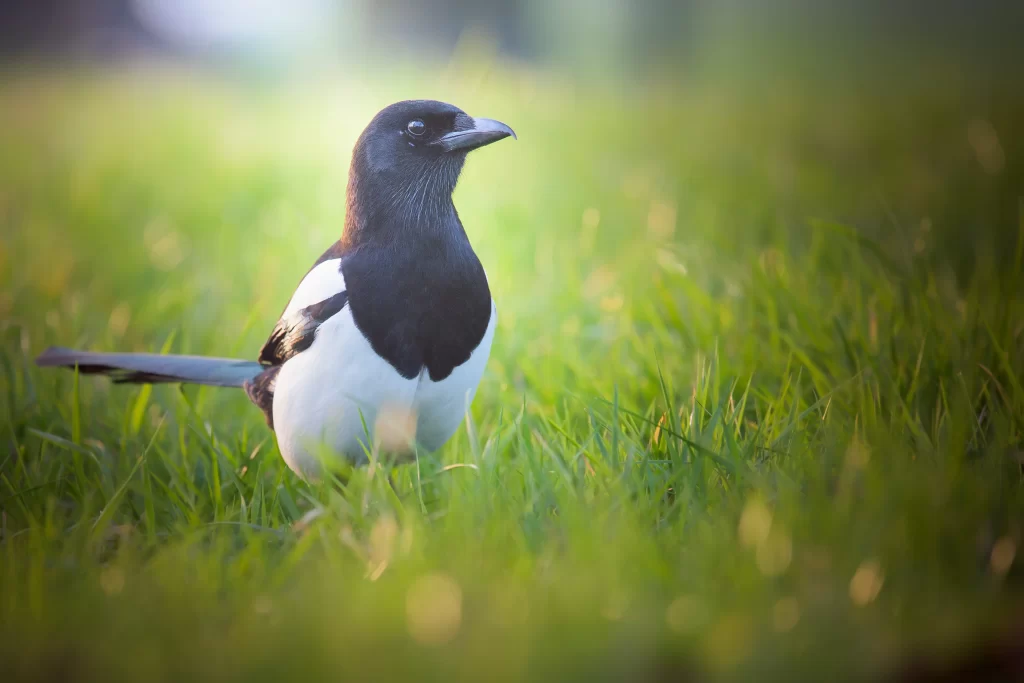
Are There Magpies In The US?
Considering the sizable distribution of magpies, many wonder if these birds are found in the United States. It turns out that magpies are, in fact, found in the United States. The Black-billed Magpie and Yellow-billed Magpie are the two species native to the United States.
What do magpies eat in the United States? Well, the two species of magpies that are native to the United States eat exactly the same food as described above. Therefore, a mix of meats, grains, fruits, seeds, and garbage may be on the menu.
Keeping Magpies As Pets
Some may say that magpies make for good pets, so is this true? Do magpies make good pets? Well, first it is important to establish that keeping a magpie as a pet in countries such as the United States and Canada is illegal given that these birds are protected under the Migratory Bird Treaty Act.
Even if magpies could legally be kept as pets, they would not make for ideal house birds. Magpies are raucous, messy birds that would certainly let you know about their disdain for being locked up all day. The most ethical thing to do would be to allow magpies to remain in the wild.
Conclusion – What Do Magpies Eat?
So, what do magpies eat? Well, these birds enjoy eating a wider variety of items compared to most other bird species. Magpies enjoy eating seeds, fruits, grains, garbage, insects, carrion, and animals.
It is because of this versatile diet that magpies can thrive in so many different environments. These birds are capable of killing their own prey or stashing enough food to get them through the winter. The remarkable diets and adaptations of magpies will allow them to persist well into the future.

